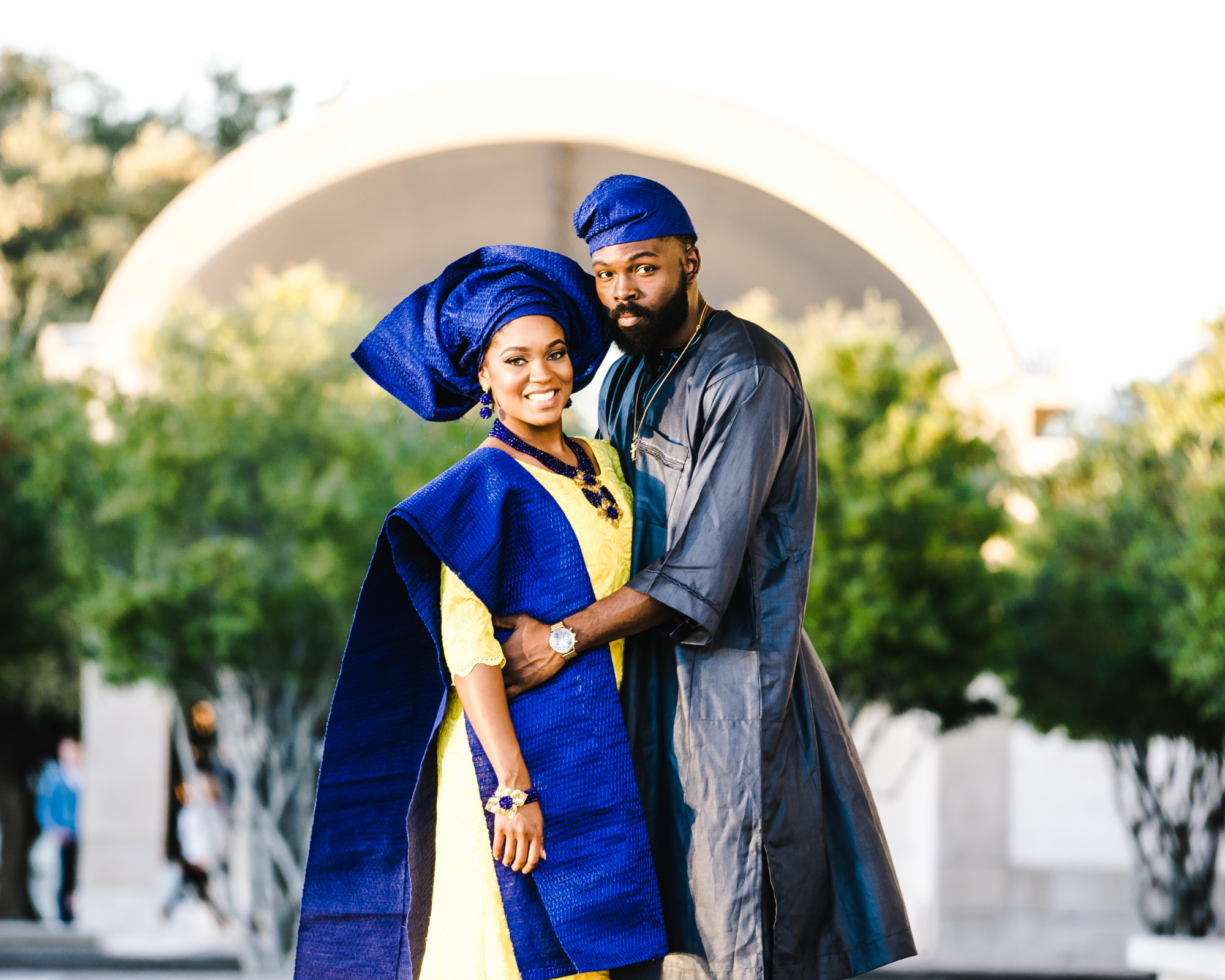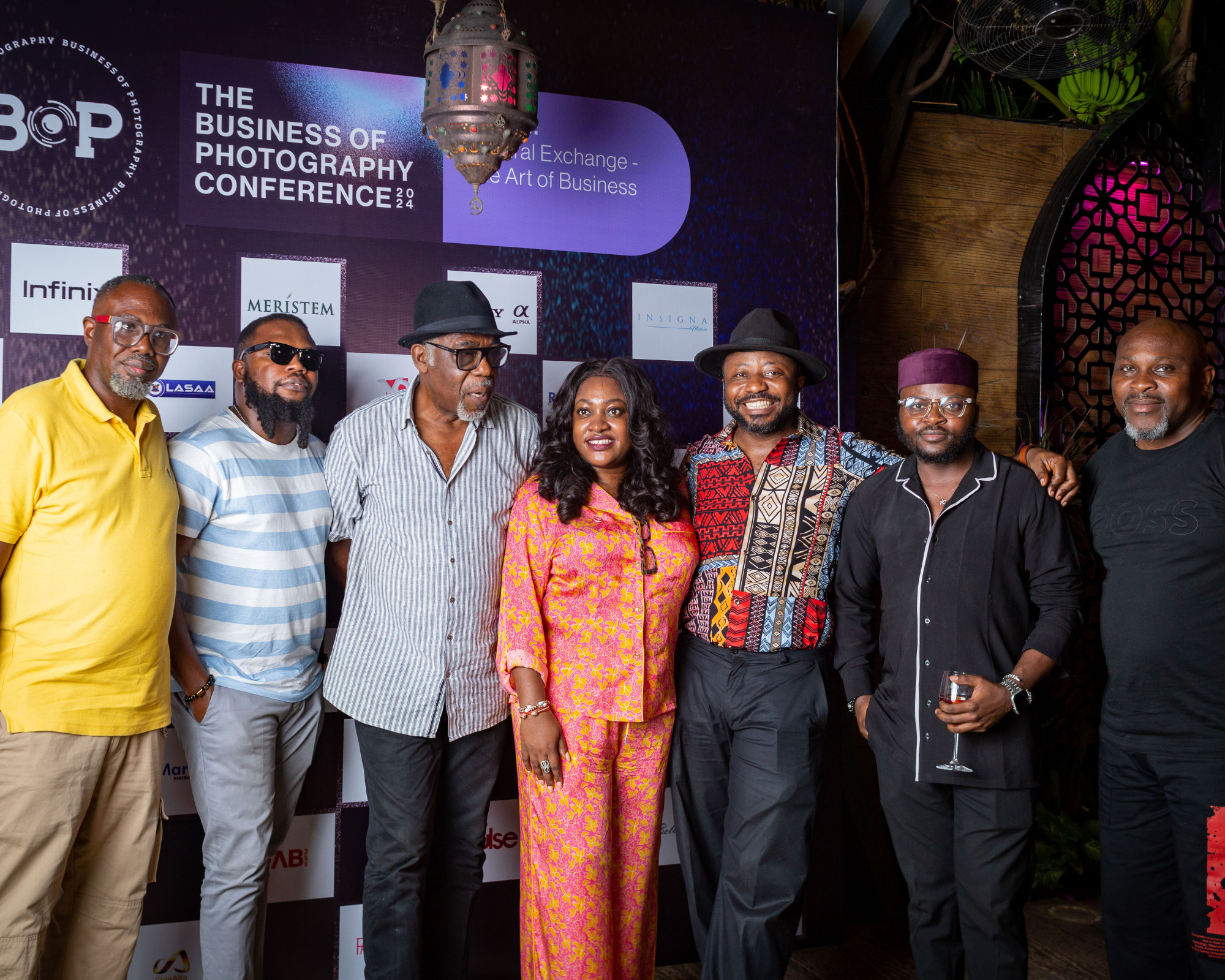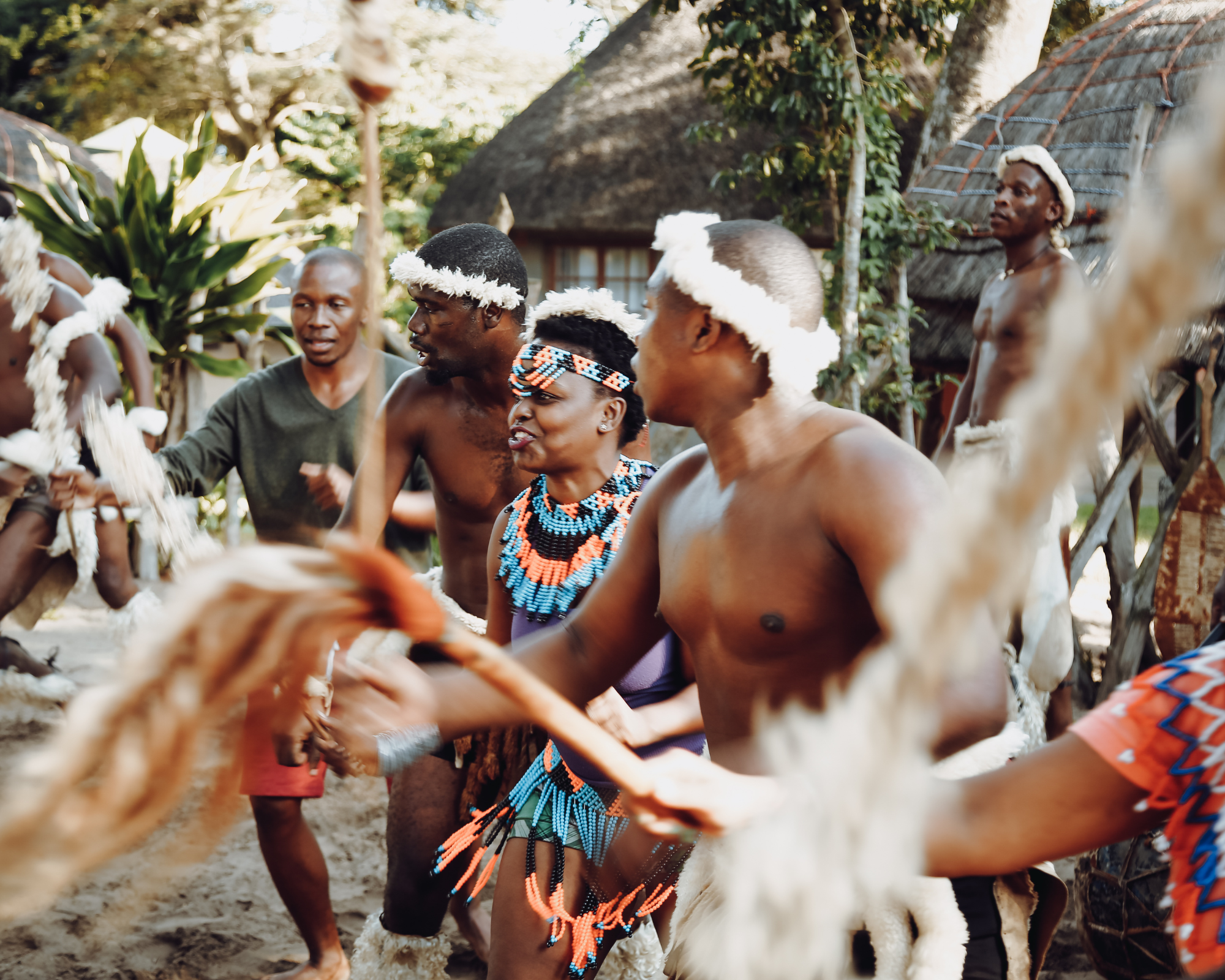… And with that, the Love Month 2024 comes to an end… But what better way to end the month of February than by checking out some of the most interesting African wedding traditions? Africa is rich in traditions, and when it comes to weddings, the norm is to go over and beyond in terms of culture to make the day as memorable as possible. This article will help you discover some of the most intriguing wedding traditions in Africa. Who knows? You just might find one interesting enough to incorporate on your big day, whether you’re African or not.
Most Interesting Wedding Traditions In Africa
Check out some of the most exciting wedding customs in Africa:
Kola Nut Ceremony (Nigeria)
In Nigeria, the Kola Nut Ceremony is a customary ritual that precedes the wedding festivities. The kola nut is first presented to the couple to take small bites as a token of friendship and goodwill. Also, breaking the kola nut and sharing it with relatives and guests serves as an opportunity for the couple to seek blessings from elders and ancestors. This fosters a sense of familial and communal support as the couple embarks on their marital journey. Moreover, in the Gambia, men send kolanuts to a woman’s family to declare their intentions to marry her. If it is accepted, the man’s family members meet with the girl’s family. They negotiate the dowry and then choose a date for the “breaking of the kola nut” (marriage). The traditional wedding ceremony ends with the breaking of the kola nut, which is then shared among the elders.
Henna Night (North Africa)
While European brides will take some days before the wedding ceremony to get a spa treatment or any form of self-care, most African brides have a pampering session as well—the Henna Night. This culture is prevalent in North African countries like Morocco, Tunisia, and Algeria. During this ceremony, the bride and her female relatives and friends gather to adorn their hands and feet with beautiful henna designs. Beyond its aesthetics, henna symbolises protection, fertility, and good fortune. The process of applying henna also fosters bonding among women and creates space for laughter, storytelling, and sisterhood as the bride prepares for her wedding day.
Libation Ceremony
In most African ceremonies, libation is a celebratory ritual that pays homage to ancestors and seeks their blessings. In weddings, the libation ceremony is led by a designated elder or spiritual leader. Alcohol is poured on the ground at each of the four cardinal points as prayers and invocations are offered in honour of the ancestors. This ritual aims to appease the ancestors and seek their wisdom and blessings for the married couple as they embark on married life.
Tying the Knot (Ethiopia)
In Ethiopia, the wedding ceremony features a tradition known as “Tying the Knot.” During this ritual, the couple’s wrists are bound together with woven grass or cloth, which symbolises their union and commitment to each other. As the knots are tied, prayers and blessings are made to seal the couple’s bond and vows. The act of tying the knot also represents the intertwining of their lives, destinies, and families.
Sprinkling of Rice (Nigeria, Ghana, and Beyond)
The Sprinkling of Rice is a widespread African wedding tradition that symbolises fertility, prosperity, and abundance. As the newlyweds exit the ceremony venue, guests sprinkle rice or grains on them, which signifies blessing them with well wishes for a fruitful and bountiful marriage. This joyful custom also serves as a gesture of community support, as friends and family surround the couple with love and encouragement as they step into their new roles as husband and wife. Stay up to date on the newest in the world of Fashion, Arts, Beauty and Lifestyle; Follow FAB on Instagram.
More Like This:
Unbelievable Wedding Traditions from Diverse Cultures, the Third is Shocking










